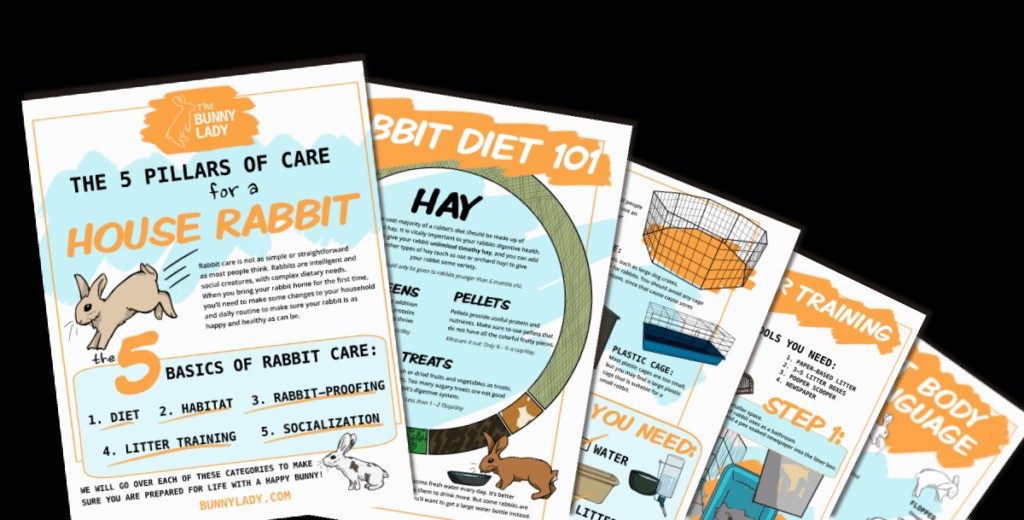It’s natural to care about the wild rabbits in your yard, especially during the harsh winter months when resources are scarce. You might be tempted to offer them food, but is everything safe for them? A common question is: Can Rabbits Eat Bird Food? While it seems like a convenient option, let’s explore why bird food isn’t the best choice for rabbits and what alternatives you can offer.
 Wild rabbit eating grass in a field
Wild rabbit eating grass in a field
What Wild Rabbits Normally Eat
Rabbits are natural foragers with a diet primarily consisting of plant-based materials. They thrive on a variety of grasses, leafy plants, and other vegetation they find in their environment.
- Grasses: Wheatgrass, meadow grass, fescue, bluegrass, ryegrass, Bermuda, orchard, timothy, and even typical lawn grass (though wild grasslands are more nutritious).
- Weeds: Dandelion, clover, crabgrass, ragweed, nettle, chickweed, and more.
- Bark and Twigs: Willow, apple, raspberry, blackberry, birch, poplar, rose, maple, and cottonwood.
- Flowers: Roses, daisies, sunflowers, marigolds, lavender, chamomile, violets, and pansies.
- Herbs: Cilantro, parsley, basil, mint, oregano, sage, thyme, rosemary, and dill.
Wild rabbits also enjoy fruits and vegetables when available, but these make up a smaller portion of their overall diet compared to grasses, leafy plants, and flowers.
What Rabbits Eat in the Winter
Winter is a challenging time for wild rabbits. They rely on limited resources such as bark, twigs, evergreen needles, and pine needles. Many rabbits don’t survive the winter due to the scarcity of food.
How Much Do Wild Rabbits Eat?
Studies on European rabbits (and likely applicable to cottontails in the Americas) suggest that wild rabbits consume approximately 65-80 grams of food per kilogram of body weight daily. This translates to roughly 65-120g per day for an average adult wild rabbit weighing 1.0-1.5kg.
When Do Wild Rabbits Typically Eat?
Rabbits are most active around dawn and dusk, when the light is dim. They avoid daytime activity to minimize the risk of encountering predators like dogs and large birds. Placing food or planting gardens away from high-traffic areas can also encourage them to forage.
Why Bird Food is Not Ideal for Rabbits
While you might think bird food could provide sustenance, it’s generally not a good option for rabbits due to its composition.
Birdseed and Rabbit Digestion
Most seeds and nuts in birdseed mixes are difficult for rabbits to digest. While sunflower seeds are an exception, the majority of birdseed ingredients are not suitable for a rabbit’s sensitive digestive system. Even though they might try to eat it if available, birdseed can cause digestive upset and isn’t a healthy choice.
Alt text: A detailed view of mixed birdseed, showing the variety of seeds and nuts that are not ideal for rabbit digestion.
Better Alternatives for Feeding Wild Rabbits
If you want to help the wild rabbits in your area, here are some more appropriate options:
Vegetable Scraps
The odds and ends of many fruits and vegetables are safe for rabbits and easy to collect. Scatter leafy parts of carrots, strawberries, broccoli, celery, brussel sprouts, cauliflower, and stems from fresh herbs. Apple peels, zucchini, squash, berries, cucumber, and bell pepper scraps are also good choices.
Good leafy greens for rabbits include:
- Swiss chard
- Collard greens
- Herbs (mint, cilantro, parsley)
- Spinach
- Cabbage
- Beet greens
- Watercress
- Mustard greens
- Romaine lettuce
- Bok choy
- Kale
- Endive
Avoid potato and potato vines, tomato vines (fruit is okay), onions (including garlic), corn, beans, nuts, and avocado.
Hay or Dried Grass
Hay is a healthy option, especially during the winter months when fresh grass is scarce. Spread it out over your garden or lawn for rabbits to munch on.
Alt text: A close-up of timothy hay, showcasing its texture and nutritional value as a food source for rabbits.
Commercial Dry Rabbit Food
If you choose to use commercial rabbit food, opt for plain brown pellets without added colorful or fruity bits. These are typically higher quality and lower in added sugar.
The Natural Approach: Gardening for Rabbits
The best way to support wild rabbits is to create a natural environment where they can forage.
- Plant Vegetables and Herbs: Carrots, leafy lettuces, and herb gardens provide nutritious and delicious snacks for rabbits.
- Lawn Care: Avoid pesticides and fertilizers with dangerous chemicals. Allow wildflowers and clover to grow, and let your grass grow longer between mowings.
- Winter Plants: Plant woody bushes and shrubs like berry bushes (raspberry, blackberry), oak, sumac, and dogwood. Evergreens provide food and shelter during the winter.
Water in Dry Climates
In dry climates, provide bowls of water, changing them daily to prevent mosquito breeding and bacteria buildup. Rabbits drink approximately 4 ounces of water per kilogram of weight per day.
What to Avoid When Feeding Wild Rabbits
- High Sugar Foods: Avoid commercial rabbit treats with colorful, fruity parts and yogurt treats. Instead, offer fruits and vegetables in moderation.
- Cooked Human Leftovers: Cooked food, even plant-based, is not good for rabbit digestion.
- Processed Foods: Cereals, crackers, bread, granola bars, etc., have no nutritional value for rabbits.
- Cat or Dog Food: These are designed for carnivores and are not suitable for rabbits.
- Milk: Rabbits should not be given milk, as it can disrupt their digestion.
In Conclusion: Prioritize a Natural Diet
While it’s admirable to want to help wild rabbits, avoid feeding them bird food due to its unsuitable composition. Focus on providing a natural, plant-based diet through gardening, offering appropriate vegetable scraps, hay, and, if necessary, high-quality rabbit pellets. By creating a safe and natural environment, you can support the health and well-being of the wild rabbits in your community.
